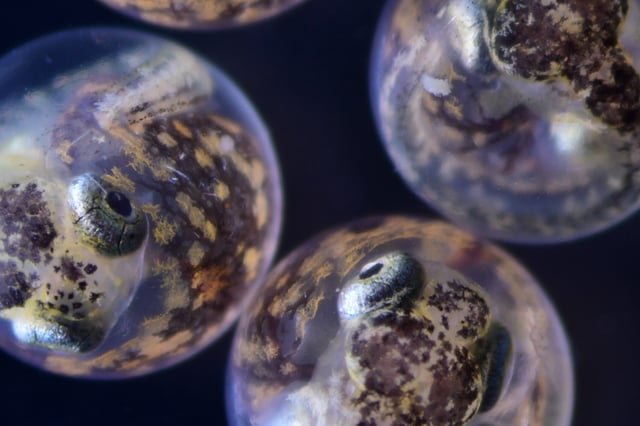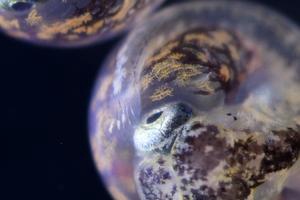Overview
- Three peer-reviewed papers in Environmental Science & Technology detail multi-generational experiments on Atlantic killifish drawing on research that began after the 2010 Deepwater Horizon spill.
- Parental oil exposure led to altered nerve- and brain-related gene activity in first-generation offspring, with heart-related gene changes and shifts in growth and skeletal shape in the second generation.
- PBDE flame retardant exposure produced lasting neurobehavioral changes and brain transcriptional effects in the first generation, with limited second-generation transcriptional impacts.
- Maternal transfer and brief early-life exposure—sometimes just one week—were sufficient for offspring to inherit altered behavior.
- The authors call for risk assessments that account for effects beyond directly exposed individuals, noting PBDEs remain widespread in ecosystems and human tissues.

